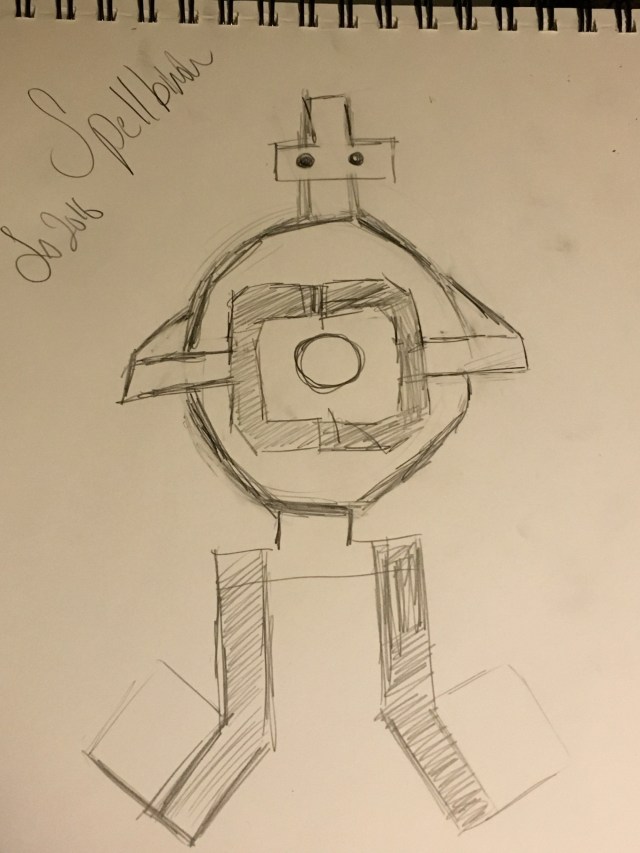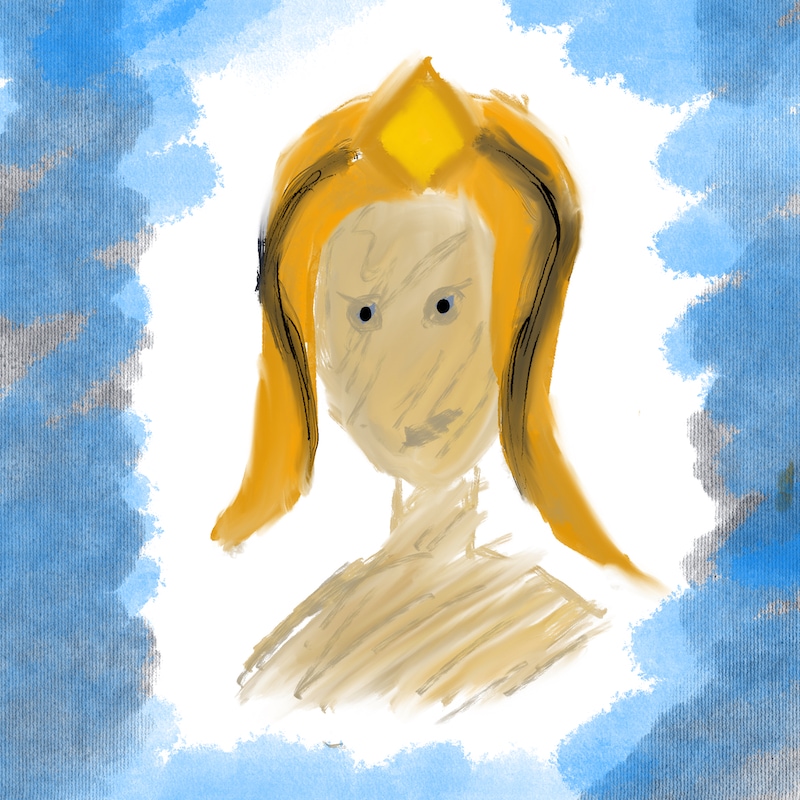Genre Expectations
The expectation that when reading a humor book you are going to laugh.
That when reading a women's fiction novel women are going to be portrayed strongly. That a mystery book is going to have a mystery.
Genre expectations are basic ideas about a book's premise that you can ascribe to it based solely on knowledge of genre.
Not all of these ideas are going to be correct, some of them are most certainly going to be wrong. But we still have them, because each genre has its own 'cliches' and 'tropes' that the novels of the genre typically follow in one way or another. There are trope-killer books, like Game of Thrones. In GRRM's novels, the 'hero' doesn't get magic-plot armor, and the 'good' guys die (a lot.) Or there are books that are basically 100% cliche, of which I cannot name because they are not that memorable.
There are thousands of tropes out there, judging from the content of the above site (warning), and all authors fall prey to them in one way or another. But tropes themselves are not a bad thing. They are just one way of telling a story, albeit in a way others have done hundreds of times.
What is bad is when all these expectations of what a genre is or isn't don't match up with your novel. A reader came in expecting a fun-filled romp and they got something cerebral and thought-provoking. Movie trailers are a great example of this. They have to, in less than three minutes, clearly explain what type of movie it is and entice you to see it. Books don't have anything nearly as complex as movie-trailers to explain all this, they have around three or four paragraphs of blurb/description, and, well, their genre.
Placing your book into its correct genre is a major component of successfully marketing your book. Genre is a tricky, fickle creature that can grant you a boon or completely sink you. If you don't correctly place your book into a fitting genre, people could be upset, disappointed, or confused. You want to present your book as accurately as possible with the little venues it has to do so
But shouldn't picking out a genre be easy?
To a point it is, yes.
If you have things like faeries, knights in armor, and magic, then well, you better have fantasy as your genre in some stretch. Except genre isn't as simple as 'sci-fi' or 'fantasy' or just 'fiction.' The BISAC subject code system is actually pretty extensive. It can get very specific such as Cyberpunk Sci-fi or Historical Victorian Romance. Just saying 'fantasy' is not descriptive for readers, and it is not taking advantage of being able to be placed into a smaller pool of books.
If you are OBVIOUSLY in one of those sub-genres, then you are set. Congratulations. Your life is easy. Pass forth and proceed to the next stage of a self-published author's life.
But what if the question isn't so easy? What if picking out genre is harder to do?
Welcome to the world of many authors.
Here is one thought-provoking question that throws authors (and readers) for a hurdle: what defines 'Young Adult' fiction? How do you know when to put your book in that category? Because YA surely does not mean simply PG content. Just look at Hunger Games: Teenagers being forced to kill each other to save their community. I could name other YA books that aren't very...'PG.'
What content should be barred from YA fiction? I don't know. Twilight had sex(ish). Hunger Games and Harry Potter had murder, torture, and death. Suicide themes aren't off the table, either. Gratuitous gore? Probably. Unabashed sex/erotica? Definitely. But wishy-washy aspects? I don't know.
Then is it simply about kids and 'coming of age' stories? Maybe. That seems to be a general trend. I can't tell you what the YA genre expectations are. I have my own opinions, but I know others who disagree with them. I really don't think anyone can definitively say what YA is.
Young Adult isn't the only genre that has problems with definition. All of them do, to a point. We all have to figure out which genre 'fits' and roll with it as best we can.
Then comes the other genre-definition problem: on Amazon you have just two categories to define your story with. You could have all these genres that together explain your book, but now you are limited to just a meager two (not including search-keyword sub-categories).
Which two genres should you choose?
What if you had a story with a strong female detective in outer space who is in a lesbian relationship? (I now want to write that.) Would this hypothetical novel be Women's Fiction, Mystery sub-genre female detective, science fiction, or LGBT romance? What if the novel is balanced and all of these aspects are large parts? Then you have to choose. And as we all know, choice is hard.
I don't have the right answer or the right way to 'decide.' I only have a suggestion: what do you want people to focus on? What is the book really about, in your eyes, when you were writing it? What was the central piece of the novel? Work from what you think it is and then try matching it to existing genres and their genre expectations.
The world of genre is confusing and messy. Subjective beyond belief. Everyone has their own belief's and ideas, and there are no right answer. But there are clear-cut wrong answers. It is not so much as figuring out the 'right' choice, or distinguishing between 'right' and 'wrong,' but picking out the best answer. It is the multiple-choice question that we all hate: multiple 'correct' answers, you have to choose the most 'right.'
But it can be done.
Tread carefully.
Related/Recent Posts
Spellbinder Character Development Spotlight

This is less going to be a character development post for Spellbinder but an analysis into her character, both meta and not. Personality, physical form, how she fits into the team, and so on. I don’t have much else to introduce with so let’s get started diving into her being.
April 2022 in Art

Here is the art I did in April 2022, which is only two busts of characters from The Lost. Very pleased with Pharaoh’s art. Her expression…I don’t know, it just enchants me and makes me think. Tiger could have been better, but Tiger’s a hard one to nail since he needs to be uncanny and I’m not adept enough to do that. {% include image-gallery.html gallery=page.gallery class=”half” %}
